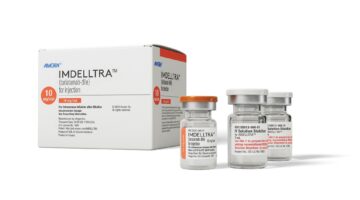Here are some news/notes from a day in MedCity, Minnesota:
OptumHealth, which stopped sending patients to University of Wisconsin Hospital for kidney transplants 16 months ago, is referring patients there again because the hospital’s success rate has improved, according to the Wisconsin State Journal.
On Monday an unusual joint hearing of the Commerce and Labor and the Business, Industry and Jobs committees will begin debate on three bills designed to improve doctors’ prescribing skills, reduce the influence of pharmaceutical companies — and perhaps reduce overall drug spending by consumers, according to the Star Tribune in Minneapolis.

A Deep-dive Into Specialty Pharma
A specialty drug is a class of prescription medications used to treat complex, chronic or rare medical conditions. Although this classification was originally intended to define the treatment of rare, also termed “orphan” diseases, affecting fewer than 200,000 people in the US, more recently, specialty drugs have emerged as the cornerstone of treatment for chronic and complex diseases such as cancer, autoimmune conditions, diabetes, hepatitis C, and HIV/AIDS.
A surprising increase in HIV infections prompted Minnesota health authorities to release their annual report on the sexually transmitted disease more than two months early, according to the St. Paul Pioneer Press. The number of new HIV infections jumped to 368 last year, an increase from 326 in 2008 and the highest total in at least the past decade.
Rochester Medical Corp., a company in Stewartville that designs urological catheters, said Monday that it lost $169,000, or a penny a share, on first quarter sales of $10.2 million compared to a profit of $53,625 on revenue of $8.4 million during the same period in fiscal year 2009.












